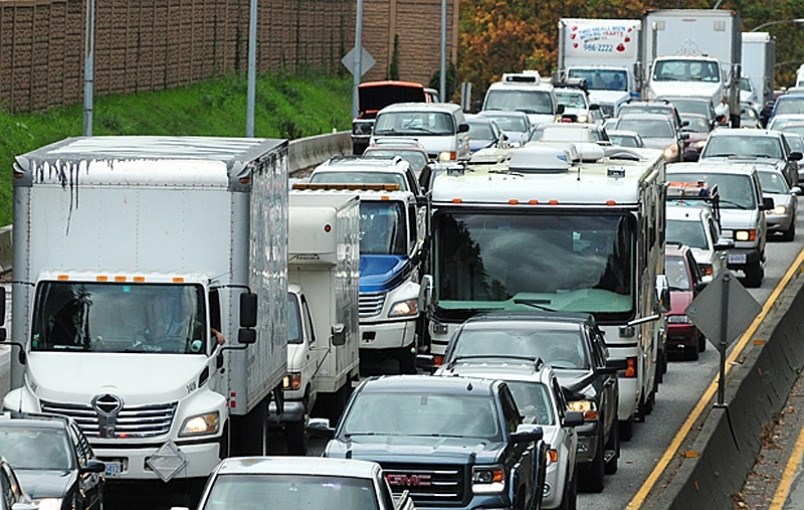A report is out this week on the concept of using road tolls to discourage driving through some of our most notorious traffic choke points.
The idea is that big results can be had if only a small number of people change their habits, while also creating cash for transit improvements.
In theory it sounds good. It has worked in practice in a handful of European cities. So far, however, the studies haven’t got down to the real-world impact on Joe Average Commuter. And that is where the rubber will really hit the road.
To date, that piece has been missing from the discussion. A “stakeholders forum” of six people held on the North Shore in the fall couldn’t exactly be described as representative. Neither can the online responses to tolling proposals so far, which have skewed to people who are male, relatively affluent, without kids at home and living in the City of Vancouver.
In other words, not really capturing either the soccer mom ferrying kids to after-school activities in Seymour or cleaners working at Lions Gate Hospital who live in Langley.
The devil will be in how the details impact such people – rather than urban planners –most notably in the trade-offs between time and money.
Similarly, we might argue until the cows come home by SkyTrain that we are already paying hidden costs for our roads. But hidden costs that we’ve already accepted are likely more politically palatable than new toll announcements.
The NDP still grasps power by a razor-thin edge, one delivered in part by suburban ridings of the Lower Mainland on the basis of scrapping two existing bridge tolls. So it’s hard to imagine slapping tolls back on would be top of their priority list.
Congestion tolls may be good policy. We suspect the political cost will be more than we’re prepared to pay.



